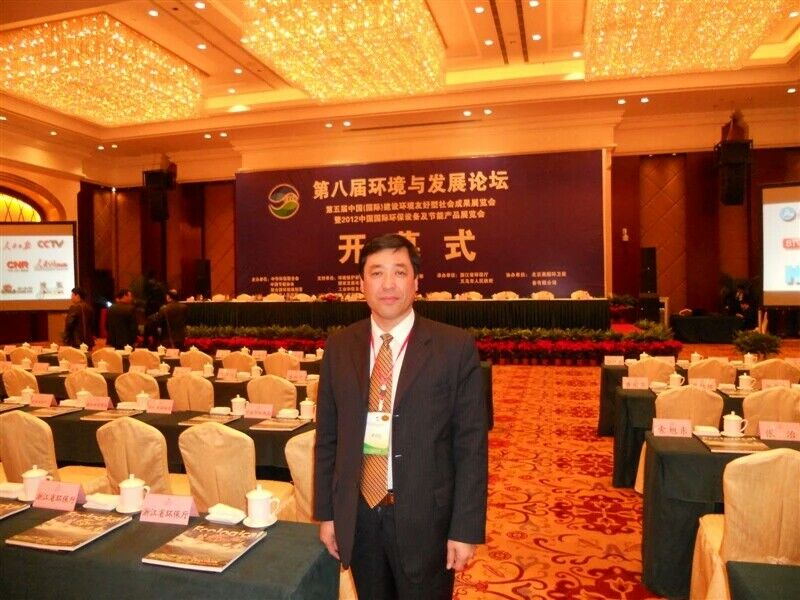Tips by IELTS examiner
č┼╦╝┐╝╣┘Ą─Į©ūh
IELTS Speaking - interview tips
┐┌šZ├µįć╝╝Ū╔
Speak until they stop you, don't just answer the question and stop. Behave as if it was a driving test ©Ckeep going straight until told to turn right, left or park.
│²ĘŪ┐╝╣┘Įą─Ń═ŻŽ┬üĒ�Ż¼Ę±ät│ų└m(x©┤)▓╗═ŻĄžšfĪŻ▓╗ę¬║å║åå╬å╬Ą─╗ž┤═Ļå¢Ņ}║¾═ŻŽ┬üĒ�ĪŻ▒Ē¼F(xi©żn)Ą├▀@Š═Ž±╩Ūį┌±{ššĄ─┬Ę┐╝��Ż¼│²ĘŪ┐╝╣┘Įą─Ń▐D(zhu©Żn)Ž“╗“═Ż▄ć�����Ż¼Ę±ätę╗ų▒Ž“Ū░ķ_�ĪŻ
It is quite possible that you have to speak about something you have never heard of, or have no opinion of. If you donĪ»t know the subject ©C tell the examiner immediately, so he could ask you another question. If you donĪ»t tell him and start trying to speak, he might think that it is not a knowledge problem, but a language problem.
─ŃśOėą┐╔─▄Ą├┴─ę╗ą®─ŃÅ─ø]┬Āšf▀^╗“š▀ø]ėąŽļĘ©Ą─įÆŅ}�����ĪŻ╚ń╣¹─Ń▓╗┴╦ĮŌ▀@éĆŅ}─┐�Ż¼┴ó╝┤ĖµįV┐╝╣┘Ż¼╦¹┐╔─▄Ģ■å¢─ŃŲõ╦¹įÆŅ}�ĪŻ╚ń╣¹─Ń▓╗ų¬į§├┤šfėų▓╗ĖµįV╦¹Ż¼ūį╝║ģsćLįćų°╚źšf�����Ī�����Ż┐╝╣┘Ģ■šJ×ķ▀@▓╗╩Ūų¬ūRå¢Ņ}����Ż¼Č°╩ŪšZčį─▄┴”å¢Ņ}ĪŻ
However, certain communication skills should be used at that circumstance.
┐éų«��Ż¼─│ĘNŁh(hu©ón)Š│Ž┬æ¬(y©®ng)įō▀\ė├─│ą®Į╗┴„╝╝Ū╔�����ĪŻ
IELTS Writing tips
īæū„╝╝Ū╔
It is better to write in regular, not very sophisticated English, than to use phrases or structures you don't fully understand. If you need Band 6 ©C no need for complex sentence structure. If your goal is Band 7 ©C then show advanced sentence structure, language and vocabulary.
ūŅ║├ė├│ŻęÄ(gu©®)Ą─�Ż¼▓╗Å═(f©┤)ļsĄ─ėó╬─īæū„Č°▓╗╩Ūė├─Ūą®─Ńūį╝║Č╝▓╗═Ļ╚½Č«Ą─į~ĮM╗“Šõą═ĮY(ji©”)śŗ(g©░u)ĪŻ╚ń╣¹─ŃąĶꬥ─╩Ū6Ęų��Ż¼ø]▒žę¬īæÅ═(f©┤)ļsŠõą═���ĪŻ╚ń╣¹─ŃąĶꬥ─╩Ū7Ęų����Ż¼─Ū├┤īæę╗ą®Ė▀╝ēŠõą═��Ż¼šZčį║═į~ģR░╔��ĪŻ
DonĪ»t write more than 260-265 words in IELTS Writing 2 task. Why? Not because you will get lower mark, but because of these 2 reasons:
į┌īæū„Ą┌Č■▓┐Ęųųą��Ż¼ūųöĄ(sh©┤)▓╗ę¬│¼▀^260-265éĆūų��ĪŻ×ķ╩▓├┤�����Ż┐▓╗╩Ūę“×ķ─ŃĢ■Ą├ĄĮĖ³Ą═Ą─ĘųöĄ(sh©┤)Ż¼Č°╩Ūę“×ķęįŽ┬ā╔³cįŁę“Ż║
- It takes more time ╦³╗©┘M─ŃĖ³ČÓĄ─Ģrķg
- More words = more mistakes įĮČÓĄ─ūųöĄ(sh©┤)-=įĮČÓĄ─Õeš`
If you are told to cover specific points in your essay/letter ©C cover every point, examiners actually count them. DonĪ»t overuse connecting words (like However, Furthermore, Moreover, etc) ©C examiners are watching for you to do that.
╚ń╣¹į┌─ŃĄ─ū„╬─ųą���Ż¼▒╗ę¬Ū¾╔µ╝░─│ą®³cŻ║░č├┐éĆ³cČ╝╔µ╝░ĄĮ�Ī�Ż┐╝╣┘═©│ŻĢ■öĄ(sh©┤)Ą─ĪŻ▓╗ę¬▀^Č╚╩╣ė├▀BĮėį~Ż©└²╚ńŻ║However, Furthermore, Moreover���Ż¼Ą╚Ą╚Ż®��Ī�Ż┐╝╣┘Ģ■ųž³cĻP(gu©Īn)ūó▀@ę╗³c�����ĪŻ
(┬Ģ├„Ż║▒ŠšŠ╦∙╩╣ė├łDŲ¼╝░╬─š┬╚ń¤oūó├„▒ŠšŠįŁäō(chu©żng)Š∙×ķŠW(w©Żng)╔Ž▐D(zhu©Żn)▌dČ°üĒ��Ż¼▒ŠšŠ┐»▌dā╚(n©©i)╚▌ęį╣▓ŽĒ║═蹊┐×ķ─┐Ą─��Ż¼╚ńī”┐»▌dā╚(n©©i)╚▌ėą«Éūh�����Ż¼šł┬ō(li©ón)ŽĄ▒ŠšŠšŠķLĪŻ▒ŠšŠ╬─š┬ś╦(bi©Īo)ėąįŁäō(chu©żng)╬─š┬ūųśė╗“š▀╩├¹▒ŠšŠ┬╔Ĥąš├¹š▀����Ż¼▐D(zhu©Żn)▌dĢršłäš(w©┤)▒žūó├„│÷╠Ä║═ū„š▀���Ż¼Ę±ätīóūĘŠ┐ŲõĘ©┬╔ž¤(z©”)╚╬�ĪŻ) |










